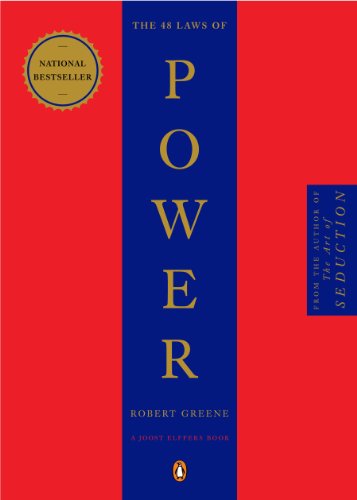

This article is an excerpt from the Shortform summary of "The 48 Laws of Power" by Robert Greene. Shortform has the world's best summaries of books you should be reading.
Like this article? Sign up for a free trial here .
Overview of Law #29: Plan All the Way to the End
Make detailed plans with a clear ending. Think far ahead, take into account all possible developments, plan all the way to the end, and don’t be swayed by wishful thinking. Then pursue your plans and don’t be tempted from your path.
Principles of Law 29
Most people believe that they’re thinking of the future and planning ahead. Instead, they’re actually practicing wishful thinking of what they want the future to be, rather than a future based on reality.
However, unhappy endings occur more often than happy ones. For example, when the Athenians attacked Sicily, they weren’t thinking about what could go wrong — they were focused on riches and glory. But the war was disastrous and led to the fall of their great civilization. The Sicilians fought harder on their home turf, multiple enemies banded together against them, and wars broke out on several fronts.
According to Law 29 of the 48 Laws of Power, vague plans will lead to trouble, so plan all the way to the end. Think about possible unintended consequences, for instance, whether you’ll create new enemies, or whether a circling vulture will swoop in and take the spoils. Anticipate any circumstances that will tempt you to improvise, or to continue beyond your goal, and be ready to reject them. Going beyond your planned ending typically generates a reaction that may well end in your defeat.
Most people focus on smaller immediate dangers and miss seeing the larger dangers that will come later — take the long view with an eye to future pitfalls, remembering that power comes as much from what you don’t do (mistakes you avoid) as from what you do.
The ending is all-important. It determines who gets the prize. This is why you should plan all the way to the end. Make it absolutely clear and firm, and always keep it in mind, refusing temptations and distractions.
Putting Law 29 to Work
Here’s an example of how to apply Law 29 of the 48 Laws of Power: In the mid-1800s Prussian leader Otto von Bismarck had a goal of creating a united Germany ruled by Prussia. With this ending always in mind, he planned specific steps for getting there and wasn’t sidetracked by temptations to grab more territory or glory.
His steps were:
- Incite war with Denmark, not to add territory but to stir up Prussian nationalism and unite the country.
- Incite war with Austria to gain Prussian independence (he refused the temptation to grab Austrian territory).
- Incite war with France to unite the German kingdoms against a common enemy, and prepare for the formation of a united, secure Germany.
Once this was achieved he stopped, although his generals wanted to take more land. Although other European leaders expected him to continue his aggression, he worked thereafter to avoid war. He wanted unity and security, not more land, and achieving that goal was his last move. Bismarck knew how to plan all the way to the end.
Exceptions to Law 29
Are there any exceptions to Law 29 of the 48 Laws of Power? Should you ever not plan all the way to the end? No. There are no exceptions to the need to think into the future as far as you can, and plan to the end.
Of course, to some extent the future is always uncertain and your plan must be somewhat flexible so you can respond to sudden developments. However, you’ll be free to adapt only if you have a clear goal and a far-sighted plan. Otherwise, you’re just improvising. So follow Law 29 of the 48 Laws of Power: Plan All the Way to the End.
———End of Preview———

Like what you just read? Read the rest of the world's best summary of "The 48 Laws of Power" at Shortform . Learn the book's critical concepts in 20 minutes or less .
Here's what you'll find in our full The 48 Laws of Power summary :
- Why you should never outshine your boss
- How to appear like a friend but behave like a spy
- The 6 rules you absolutely must not violate, if you want to be successful






